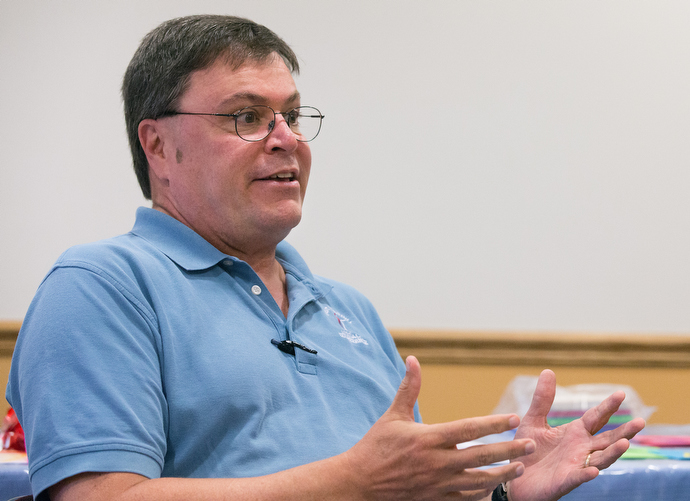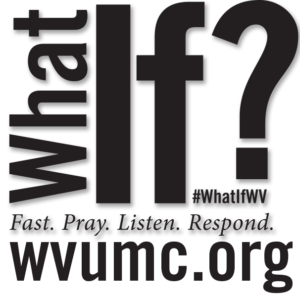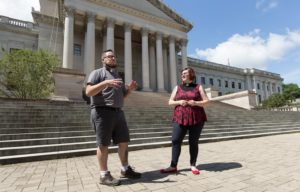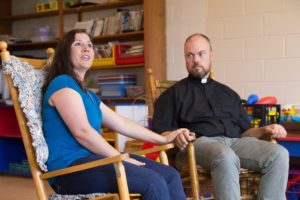
Rev. Barry Steiner Ball
Discussion questions for Responding the Opioid Crisis, Part 1: What the heck are Opioids?
Discussion questions for Responding to the Opioid Crisis Part 2: Opioids and Our Brains
Discussion questions for Responding to the Opioid Crisis Part 3: Ways for the Church to Respond.
Follow this link to contact Rev. Dr. Barry Steiner Ball for more information or to schedule a time for Dr Ball to visit your church or community.
During the Vietnam War the United States lost 58,220 men and women. The cause of these deaths came about for many reasons: gun shot, drowning, disease, explosions, crashes and the list can go on and on.
In 2017 the United States lost more than 72,000 men and women to overdose deaths. These deaths came about because of a drug overdose, this does not count car wreaks, gun violence, neglect, physical violence, follow on diseases (Hepatitis and HIV) deaths that are often a by product of illegal drug use.
We are losing a Vietnam War every year to drug overdoses. Those are the deaths, what about all the persons who are currently lost in their Substance Use Disorder? This is a far larger number than the deaths.
How did we ever get to this point? Why would someone willingly join the ranks of those suffering from Substance Use Disorder? How much potential have we lost as a society by these untimely deaths and unproductive years suffering from Substance Use Disorder? How can we prevent new cases of Substance Use Disorder?
As the Body of Christ, the church, what can we do?
The first task for the church is to understand all we can about Substance Use Disorder. How do drugs take over a person’s life? If we have never experienced addiction, it is very hard to understand. When we don’t understand Substance Use Disorder it is very easy to place a stigma on it. We begin to believe those suffering from Substance Use Disorder are “weak”, “morally corrupt”, not worth our worry, stubborn, come from “those types of families”, live on the other side of the tracks.
When we begin to understand Substance Use Disorder then we can drop the stigma and see the folks who are suffering as children of God who are sick. We can begin to recognize parents, siblings and children of those suffering from Substance Use Disorder as children of God who need our care and need to be reminded that God loves them.
Once the church drops the stigma of Substance Use Disorder then it can begin to pray for God’s guidance on where each one of us needs to respond. We are no longer at a point where we can hope someone else will care for all these hurting people. We are at the point where the whole Body of Christ must step out in faith and develop a new relationship with someone who is hurting because of the opioid epidemic.
It is our prayer that the resources you will find here will help you hear God’s call on your life. With that hearing you can begin your response along with encouraging your neighbor to respond until the whole Body of Christ is outside the church building bringing hope, healing and love to those who are suffering around you.
If the Body of Christ does not respond, who will?
Rev. Dr. Barry Steiner Ball
Responding to the Opioid Crisis: A Conversation with Rev. Barry Steiner Ball
(full presentation)
In West Virginia,
844-HELP4WV
(844-435-7498)
is a 24-hour hotline
to guide addicts and families to resources and treatment for addiction and mental/emotional health.

The What If? program was designed to be used by local churches to learn more about the Opioid Crisis through the spiritual practices: Fast, Pray, Listen, Respond.
We believe that God is calling each of us, and each church into the first steps of a ministry responding to the opioid epidemic.
Included in the What If? materials are bulletin inserts, a small group reflection guide and videos that accompany the weekly bulletins.

United Methodist News service visited West Virginia and met with people across the state who are combatting the opioid crisis.
People such as Jeff Allen, Director of the West Virginia Council of Churches

and Cindy and David Biondi, faith leaders in West Virginia who say the church is called to advocate for mercy and justice.

Photos by Mike DuBose, UM News.
As well as Rev. David Johnston and Rachel Porter from Athens, WV.
Rachel Porter and the Rev. David Johnston began as foster parents before adopting two children from a home with opioid addiction. West Virginia has one of the highest rates in the nation of children removed from homes due to drug abuse.